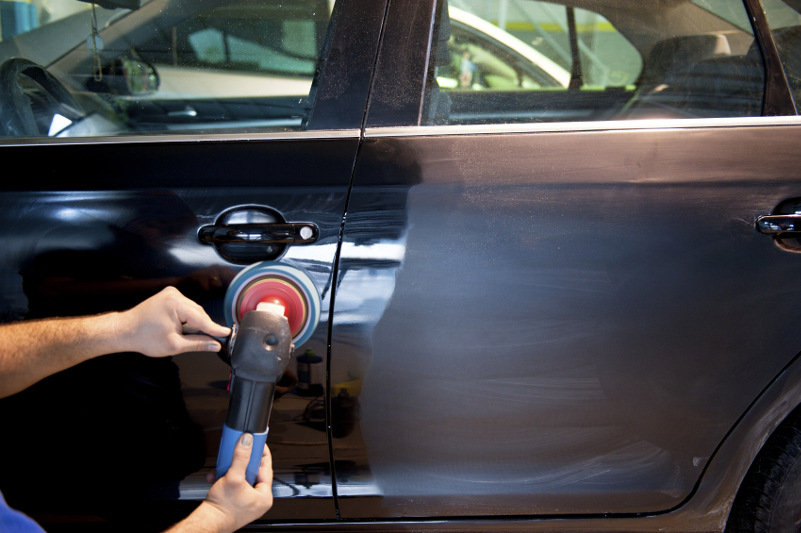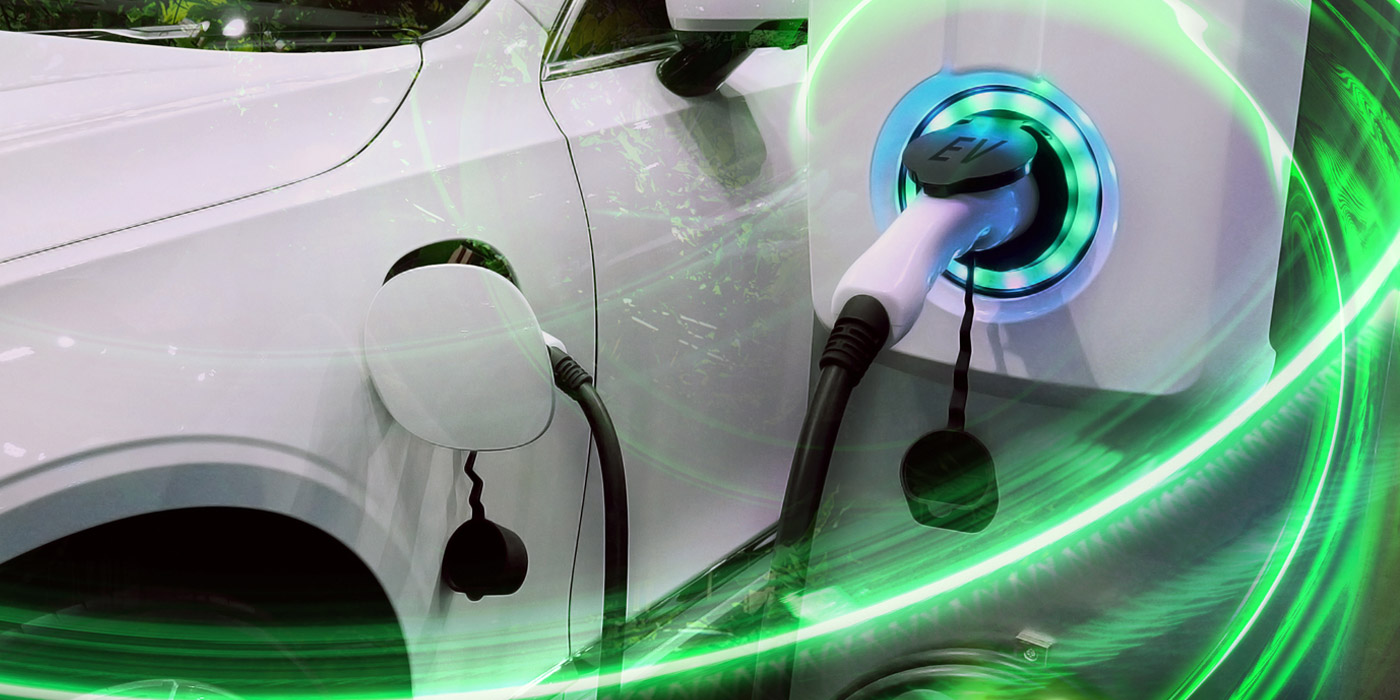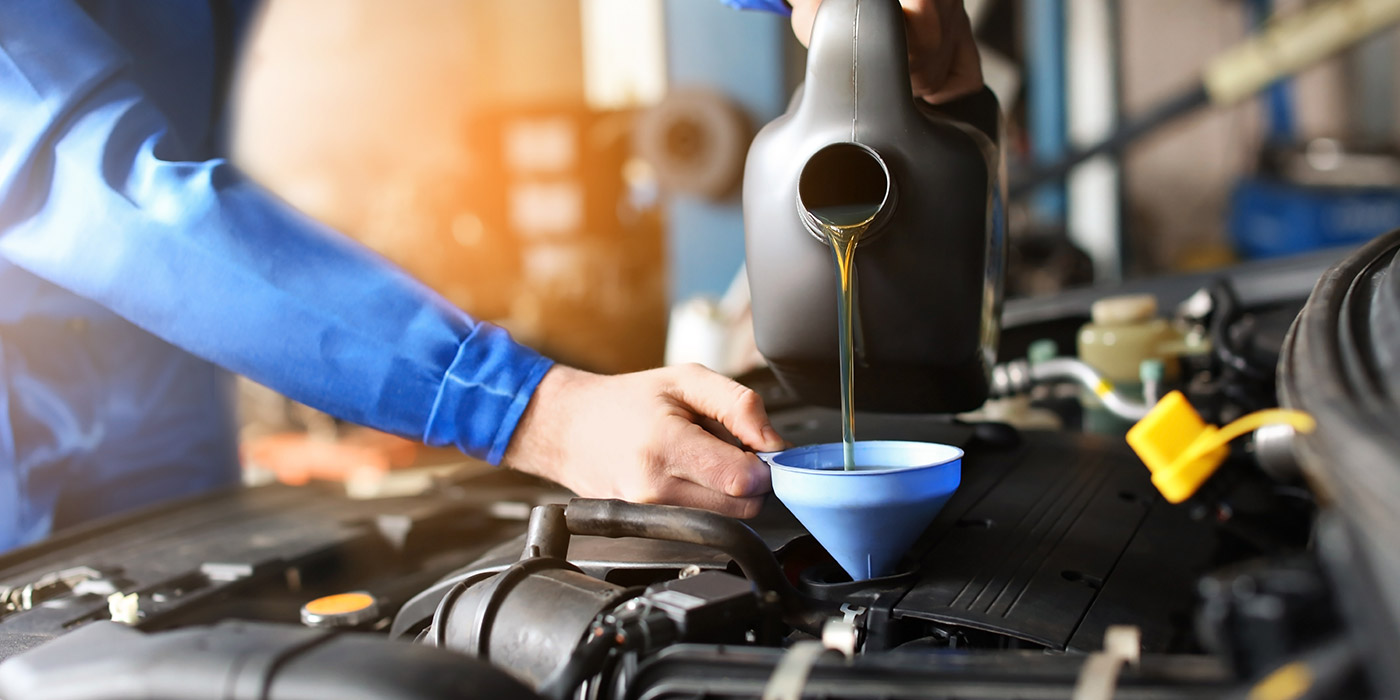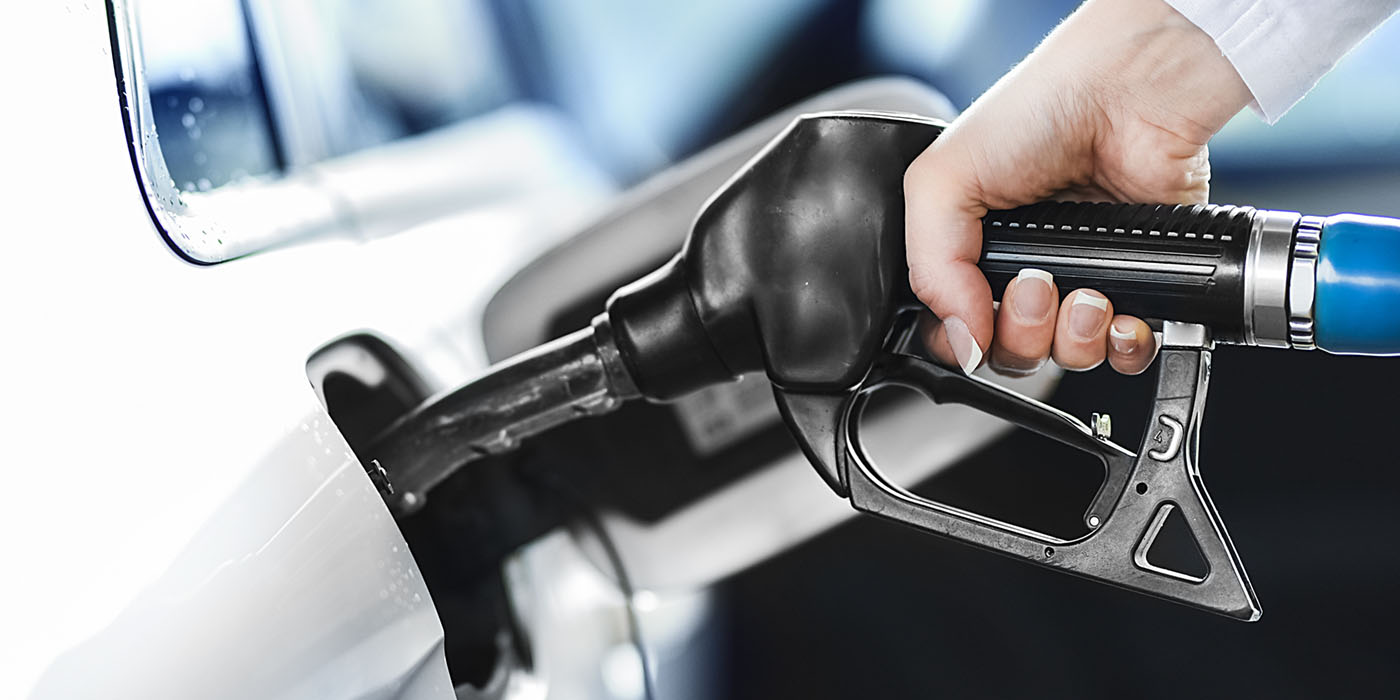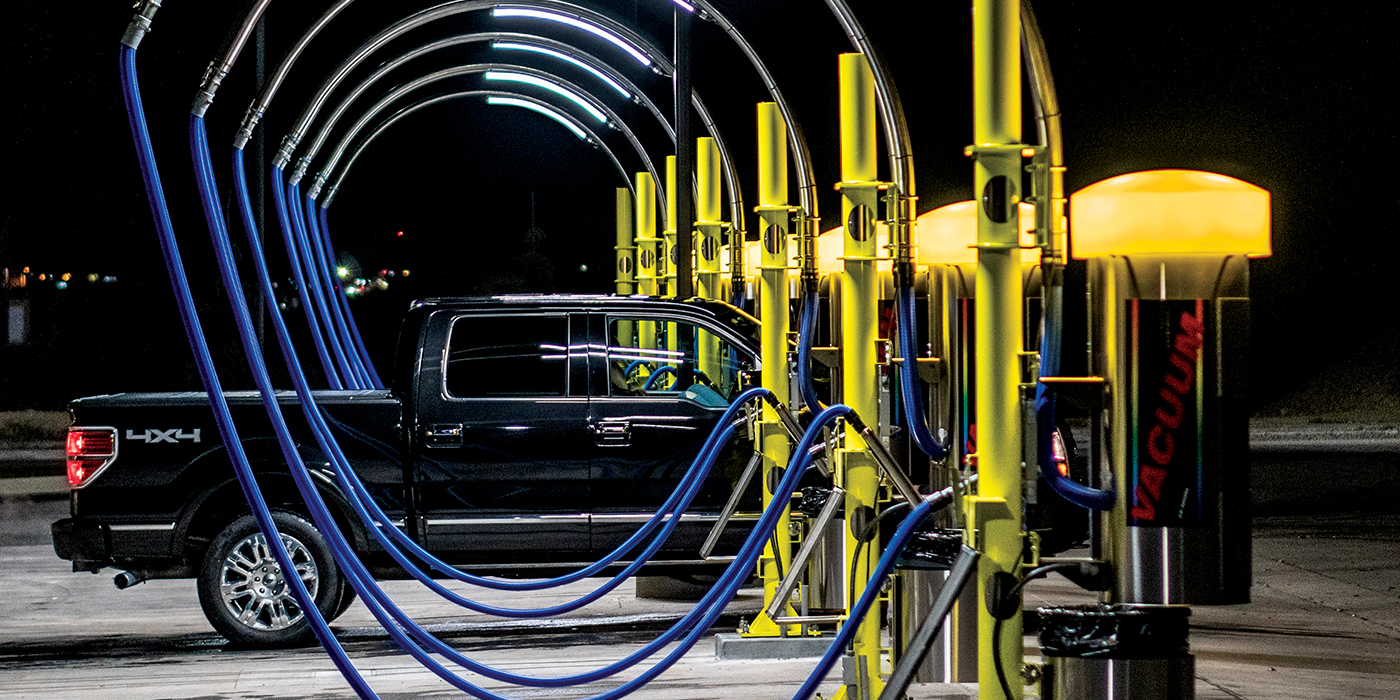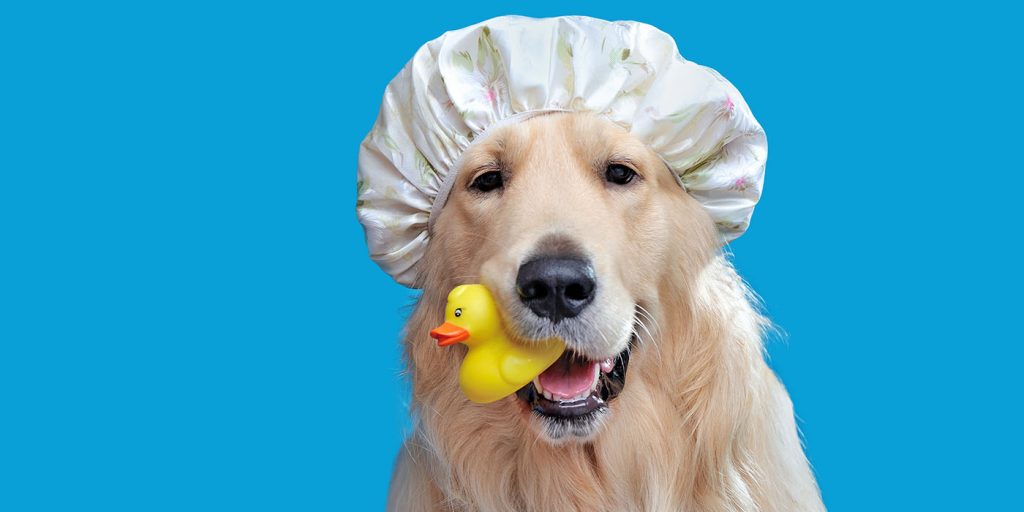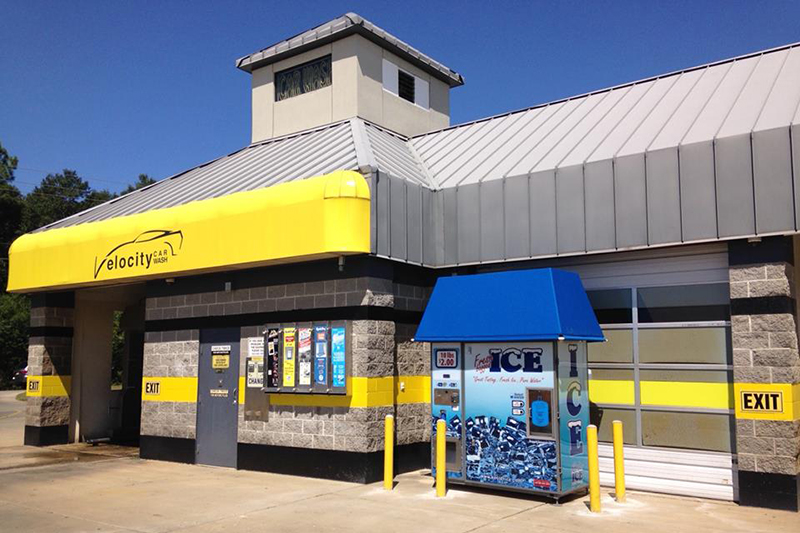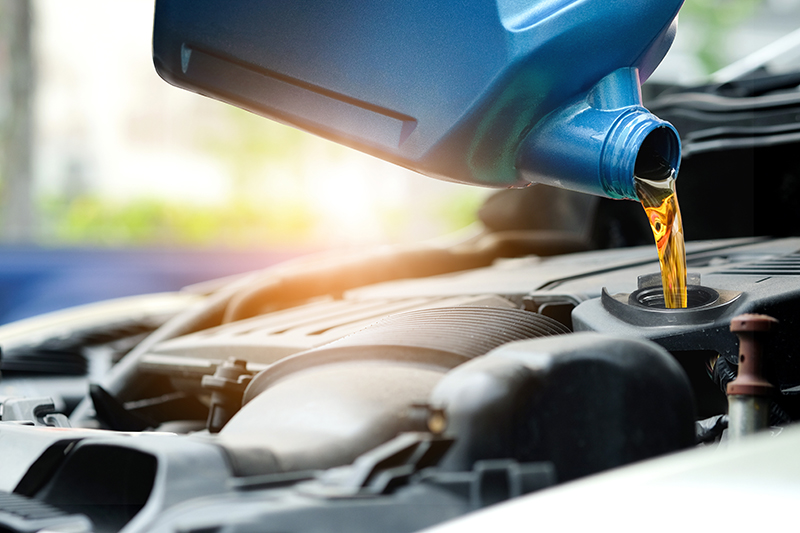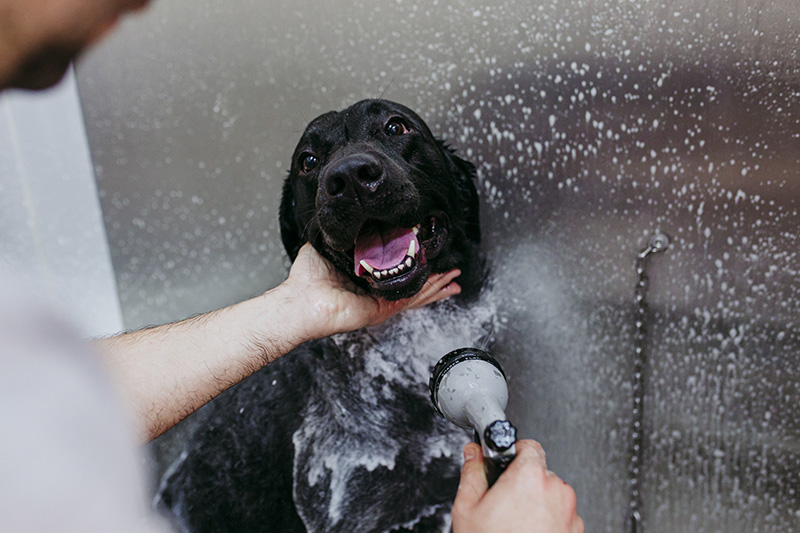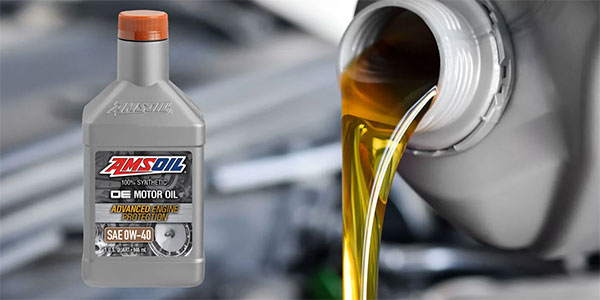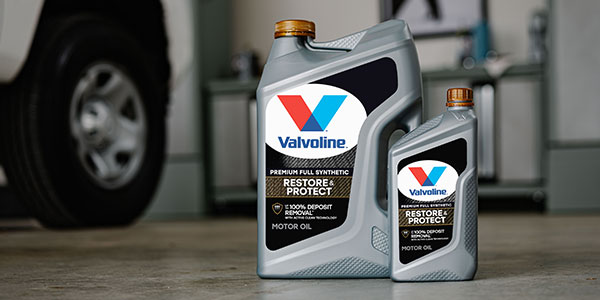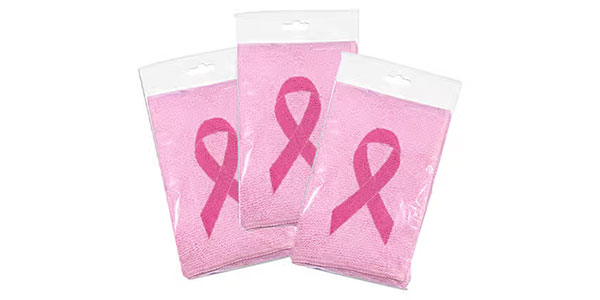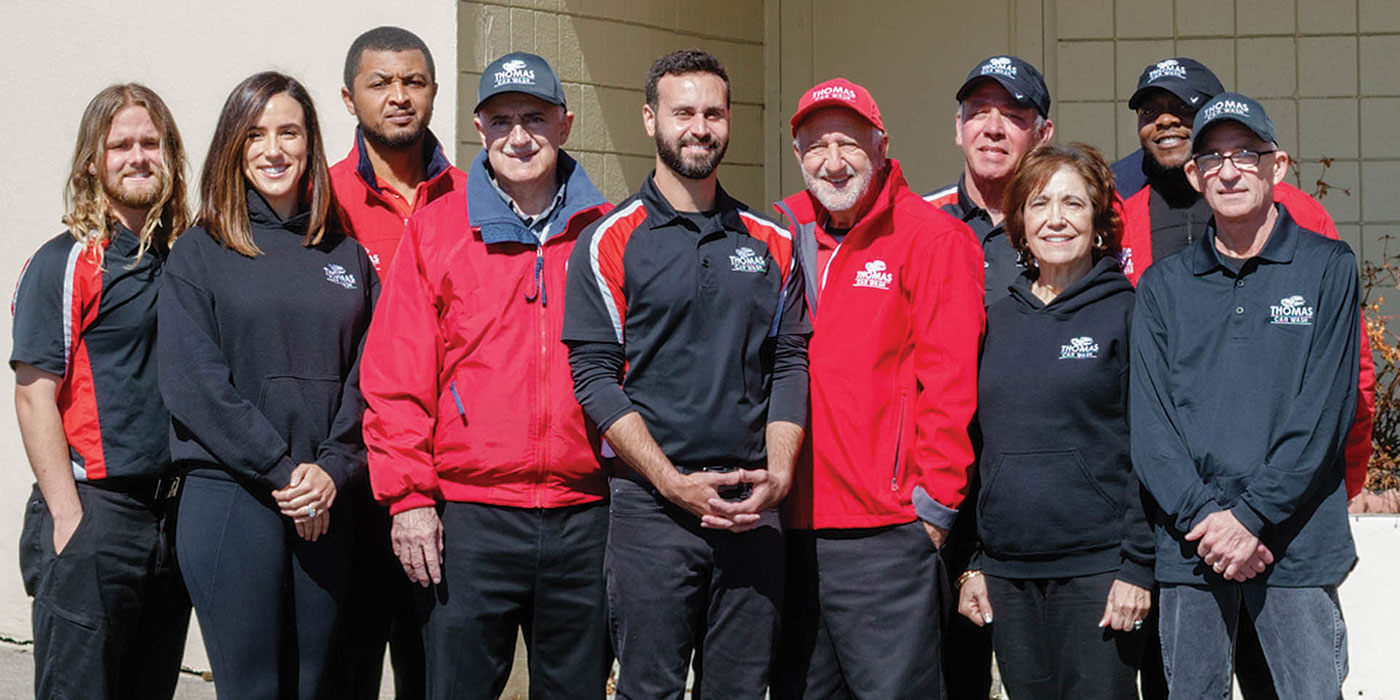For carwash owners looking to create long-term success, any option to boost sales and improve customer service can prove to be a valuable asset. Today, the opportunities to generate new profits go far beyond the vending machines and simple counter sales of yesteryear.
Yet, which profit centers will drive sales but not require an investment that will break the bank? Though there are hundreds of ideas, a few that many owners have found success with include new towel programs as well as modern paint protection services.
A plethora of products
When early carwash owners smartly decided to look beyond their tunnels and bays for ways to add profitability, sales of additional vehicle cleaning products were the first options to be fully explored. Other traditional sales items that proved popular included sodas, snacks and windshield wipers. With the popularity of versatile and dependable vending machines, the selection of products for a carwash to sell has grown exponentially.
Owners can now easily access a wide array of items to merchandise in their businesses. Some carwash distributors have up to 70 different options listed, including window cleaners, air fresheners, tire shine, headlight lens restorers, dashboard wipes, leather and vinyl protectants and surface cleaning wipes.
Another item that many carwashes are selling more and more of are towels. There are multiple ways for operators to monetize the use of towels in their locations. In fact, as the express tunnel carwash format has become more popular, more customers than ever are purchasing towels on-site for do-it-yourself usage.
Turning to towels
Today, high-quality microfiber towels are available to car care businesses packaged individually for vending machine or counter sales, according to Juliette Silver, CEO of Panaram-Carwashworld, which offers personalized, window cleaner-injected towels. Towels are appropriate for many general wiping tasks as well as for cleaning windows. Towels from respected distributors to the carwash market will have been tested over the years to provide optimum, high-quality performance.
Related: Carwash towel basics
Another option is enabled by unpackaged towels where window cleaner is automatically injected onto the towel. Silver reveals that by injecting window cleaner directly on the towel, a carwash can avoid having to use trigger or spray bottles.
“Bottles are constantly left in cars,” Silver says. “There’s a lot of labor involved in and money in using trigger bottles and spray bottles. So, if you have a towel that has window cleaner automatically injected on it when it comes out of the washing machine, you’re going to save a tremendous amount of money on labor.”
These treated towels have been utilized in both full service and express format car care locations. In the full-service carwash, employees use the towels on the windows. If it is a flex-serve or exterior wash, the towels can be left out for the customers to grab, Silver notes. The treated towels are stored in a specially-designed mechanism that keeps them moist with window cleaner. An individual can take the towel, wipe down the windows and then put the dirty towel into a cart where they are collected.
Evolution of paint protection
Ceramic and paint protection services can be another crucial component for a successful and profitable carwash business, states Andrew Zeppa, president with Element 119 Manufacturing (www.element119.com). Over the years, paint protection options have continued to develop and change. During the last half of the 20th century, waxes ruled the car care market. Ranging from naturally occurring waxes like carnauba to man-made synthetic waxes, they impart a gloss and a sacrificial barrier of protection. Even so, their effect may be short-lived, as environmental hazards quickly break down and remove the traditional waxes, leaving paintwork exposed to damage.
Over the last 20 years, paint sealants have been available to car care businesses. Zeppa notes that typically these sealants are amino-functional in the form of polymers. They give a good initial shine, which can last six months or sometimes longer. Even so, this type of protective coating can be ineffective against environmental factors and some modern cleaners.
Finally, a new generation of paint protection is a no-paste, no-wax ceramic formula specially designed to work on modern paint finishes and varnishes. Here, an active ceramic resin binds with the paint to provide a thickness and hardness, according to Zeppa. Ceramic coatings can be used on all exterior paint surfaces, including alloys, and by bonding into the surface pores and forming an extremely durable permanent coating, they provide long-term protection that requires no maintenance other than washing.
Profiting from protection
For high-volume locations looking to add paint protection services, the easiest ceramic coatings to apply can prevent the operator’s primary barrier to entry, Zeppa notes. This option can provide a higher margin than traditional sealants while providing customers with an exceptional product and result. The payoff can be a deeper customer trust level and more repeat business.
“Our clients also report a surge in the high-end customers and auto enthusiasts that care deeply about and take exceptional care of their vehicles,” Zeppa reveals. “These new customers, who seek the very best, are at the core of our business.”
As this new protection service becomes an option for a business, the carwash and detail operators can work with distributors who will provide product, brochures, marketing collateral and remote training. Often, technicians can become a certified installer in a day or less, Zeppa states.
Some businesses have found excellent additional profit results by working directly with local car enthusiast groups. Further, locations with good visibility often invest in signage to draw in local traffic. For marketing these services online, Zeppa advises owners to start with Google, Facebook and Bing, as examples.
Old-fashioned profits
Another way businesses can generate additional profits is by looking for new ways to drum up old-fashioned customer loyalty. Towel exchange programs have become a favorite offering for this. Silver explains that operators can work with a towel company to either personalize towels for a specific carwash by adding an emblem, or they can order plain towels. With these new towels, the carwash starts the towel exchange program, whereby customers who come to the carwash can pay $5 for a towel. After the customer uses the towel, if they bring back the dirty towel, they can exchange it for a clean one for free.
This can be especially beneficial for carwash chains with multiple locations. If a customer picks it up at one site, he or she can exchange it at any of the chain’s locations, Silver notes. That said, if a customer loses the towel, then there is another charge of $5 for a new one.
“This is a good marketing tool for your carwash because it will bring that customer back to your carwash,” Silver continues. “If they’ve paid the $5, they have the dirty towel in their trunk and they want to get a clean one, they will come back to your carwash over going to a competitor’s carwash.”
Related: How to prolong carwash towel life
Towel exchanges can also be an add-on bonus for wash club members, Silver states. Some businesses say if someone buys a membership from the carwash, the customer gets a towel with the wash’s logo on it for unlimited use.
An added benefit is towel theft prevention. In the past, a big problem with customers using towels is that some would just steal them, according to Silver. There was little an operator could do to prevent theft, and even if someone accidentally left with a towel, most were unlikely to return it. But, if dedicated customers know that by bringing the towel back they get a clean towel, they’re going to be less likely to steal towels. In the end, most would prefer to be honest and have a clean towel.
If a towel only costs about $1 or $2 and a wash sells it for $5, the business will make money on the transaction. “You’re not going to make a lot of money, but you’re not going to lose money,” Silver concludes. “But the most important part is you’re not going to have theft. In the past, it was an automatic loss of revenue.”
Phil Ashland is a freelance contributor.

